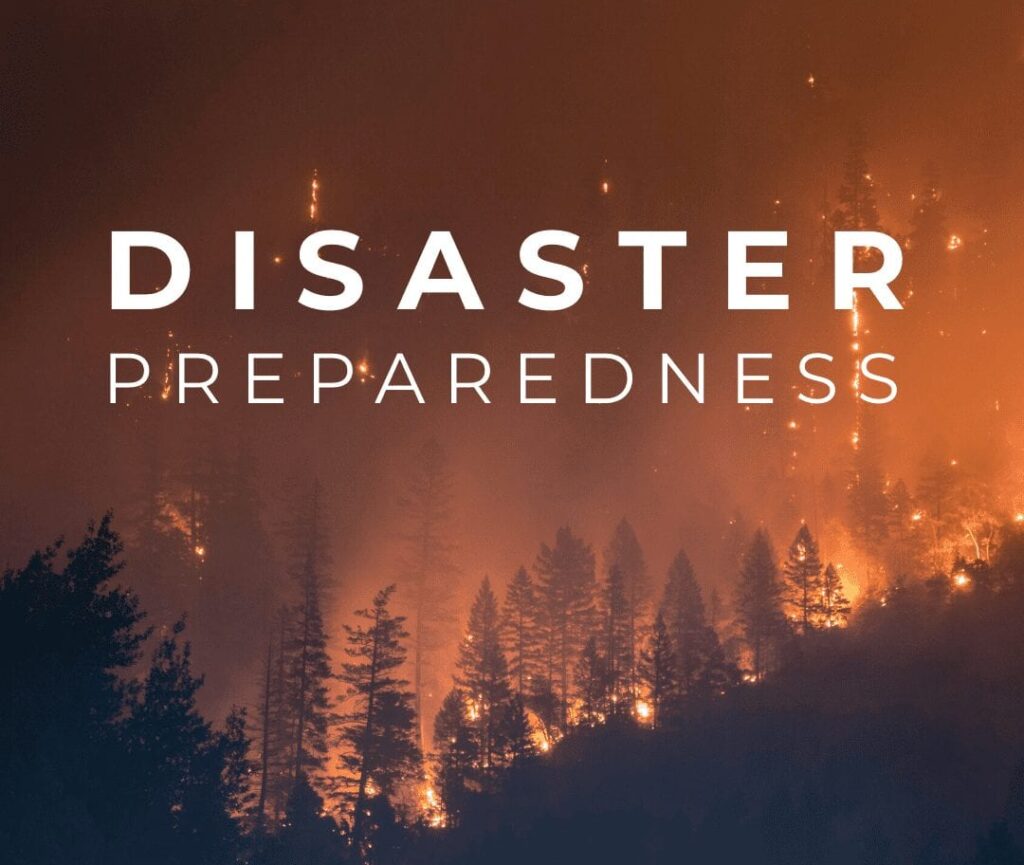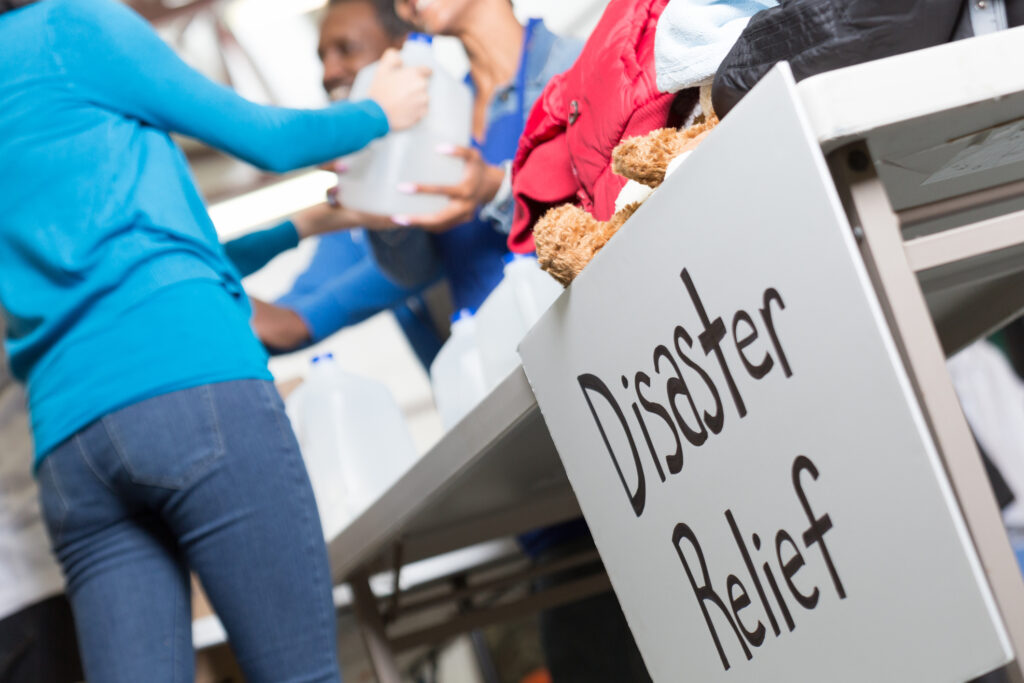Disaster Preparedness for Travel Nurses
We Need to Talk About Emergency Preparedness on Your Assignment
From hurricanes to wildfires, we want you to feel supported and prepared when disaster strikes. Whether you’re actively on assignment or rapidly approaching your start date, staying aware and in communication is crucial.
- Traveler Emergency Preparedness Tips: If you know a natural disaster is impending, here’s what you can prep ahead of time in case you get stuck at the hospital.
- Agency Support for Healthcare Travelers on Assignment During a Disaster: What will TNAA do to help if you have to evacuate your housing or can’t turn in time to payroll?
- Important Contacts: Need to get in touch with your TNAA teams after hours? We’ve got you.

Traveler Emergency Preparedness Tips
It’s always good to stay prepared in the event of a natural disaster. In the case of any inclement weather, our first priority is the safety of our travelers. Each traveler on assignment in a potentially impacted region will receive a document with tips as well as TNAA policies.
- Know and follow the facility’s disaster preparation plan. Not sure what the policies are? Seek out charge nurses, managers, or other staff to find out ASAP. In an emergency scenario, following the facility’s disaster preparation plan and communicating with supervisors and staff is the most crucial step for a travel nurse.
- Pack extra clothes or scrubs. Since you don’t know how long you’ll be asked to remain at the facility in inclement weather, bringing an overnight bag is a good idea.
- Plan to sleep anywhere you can. Since you may have to stay at the facility overnight or for several days, be prepared to grab some shuteye in unusual places, including hospital sleep rooms, empty patient rooms, or even on ER stretchers.
- Bring extra snacks. In extreme situations, hospitals may run low on food supplies and not be able to offer meals to employees. Be prepared by bringing your own!
- Have cash for vending machines. For snacks and bottled water, make sure you’ve got small bills on hand.
- Don’t forget a cell phone charger. If bad weather strikes, you’ll want to let friends and family know you’re safe. Don’t forget the chargers for your most essential devices.

Agency Support For Healthcare Travelers On Assignment During a Disaster
Again, our main concern in the event of any extreme weather is the safety of our travelers. As a traveler, your most important responsibility is to follow your facility’s disaster preparation plan and to communicate with the facility.
- If your shift is canceled due to the facility’s inability to operate, please document this on your time sheet. Please also refer to the timekeeping instructions you received prior to your assignment.
- If you are required to work beyond your regularly scheduled shift, you will be compensated per your contract, including any applicable overtime.
- If conditions worsen while you are on shift such that you are unable to safely return “home” after work and must seek shelter at a hotel near the facility, please contact [email protected] to see if you qualify for additional reimbursement.
Important TNAA Contacts:
Clinical Department – 800-240-2526, [email protected]
Payroll Department – 800-240-2526, [email protected]
Housing Department – 800.240.2526, [email protected]
How Travelers Can Get Involved or Help Affected Communities

Travelers often want to help an affected area following a natural disaster – and it makes sense. It’s natural for healthcare workers who care so much about the communities they serve to want to be involved however they can in helping others recover.
You can get involved by donating to or volunteering with national and local organizations that provide relief to affected communities. Remember that every contribution, no matter how small, can make a big difference.
Find Reputable Organizations
Whether you volunteer your time or make a donation, be sure to research the organization you work with or donate to. Make sure that they are a legitimate, safe organization so you know your donations are going directly to the communities and a place you will be safe volunteering with. Unfortunately, there are many scams that will take advantage of people’s generosity during these times; it’s important to thoroughly research any organizations or people asking for money or your time before you commit.
Here are a few national organizations you can make a difference with:
USA.gov
FEMA.gov
American Red Cross
Salvation Army
Americares
Send Relief







